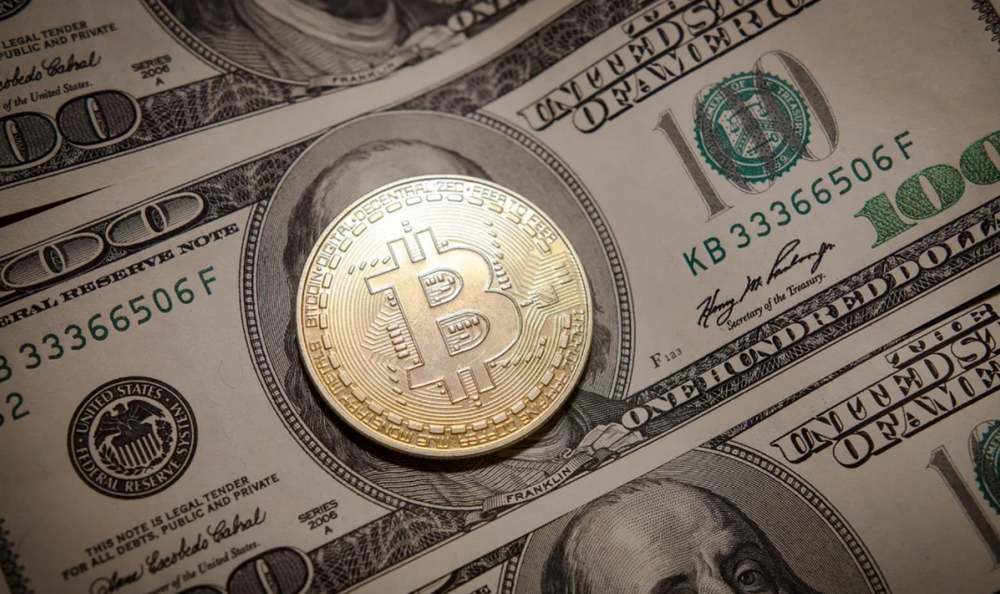Goldman Sachs CEO: The global payment system is moving towards a stable currency, and the future will depend on the blockchain.
On June 27th, Goldman Sachs CEO David Solomon told France's Les Echos that the group is "widely researching" on tokenization. He believes that the future of the payment system must depend on the blockchain, and Goldman Sachs "absolutely" hopes to catch up with the trend of the blockchain.

David Solomon said he believes the global payment system is moving in the direction of stable currencies – cryptocurrencies linked to statutory assets such as the US dollar.
Although he did not confirm whether Goldman Sachs had discussed with Facebook about the upcoming Libra cryptocurrency and Calibra wallet, Solomon said his company felt the concept "very interesting."
- People's Daily talks about Libra: change the world or open the box?
- Bitcoin broke through the world again: the mining capacity is tight, and the Huaqiang North second-hand mining machine doubles the price.
- Incarnate "bitcoin old iron", Edward Snowden revealed that in 2013, he began to use Bitcoin to buy servers.
When asked if Goldman would follow JPMorgan's launch of its own virtual currency, Solomon said:
“Assume that all major financial institutions around the world are concerned about the potential of tokens, stable currencies and frictionless payments.”
In the interview, Solomon also expects that regulation will change with the emergence of virtual currency, but he said he does not believe that new players in the cryptocurrency field will force banks to close. He added:
“It’s undeniable that Goldman Sachs will have to evolve, because transactions related to payment flows will become less profitable. But there are still many reasons why banks must remain innovative, otherwise they will disappear.”
Solomon also said that technology giants such as Facebook want to avoid the regulatory restrictions faced by banks, making them more likely to try to establish partnerships with banks rather than becoming financial institutions themselves.
Earlier this week, there were reports that JPMorgan Chase will begin piloting its own cryptocurrency by the end of the year.
In April of this year, Solomon categorically denied that Goldman Sachs had planned to open an encryption trading platform at the hearing of the US House Financial Services Committee.
In addition, according to CNBC, according to a person familiar with Goldman Sachs, the company believes that large financial institutions will seek to mark their business digitally to reduce costs and better serve customers.
Goldman Sachs spokesman Patrick Lenihan declined to comment on Solomon’s comments.
We will continue to update Blocking; if you have any questions or suggestions, please contact us!
Was this article helpful?
93 out of 132 found this helpful
Related articles
- Coinbase does not support Lightning Network, the company has done it for it.
- Coinbase made a big callback for Bitcoin, but some people forgot the bull market it brought first.
- Announcement | IRIS Foundation's first implementation of the Compulsory Destruction Plan
- MWC19 Notes: Back to 5G, telecom operator Nugget blockchain
- Babbitt Column | Discussion on the Application of the Competition Restriction Clause in the Digital Money Industry
- The Irish cryptocurrency exchange Bitsane disappeared out of thin air, and over 240,000 users have no rights to defend their rights.
- Ao Bencong went to the United States and Kleiman to file a lawsuit: Nakamoto Satoshi is about to be revealed?






